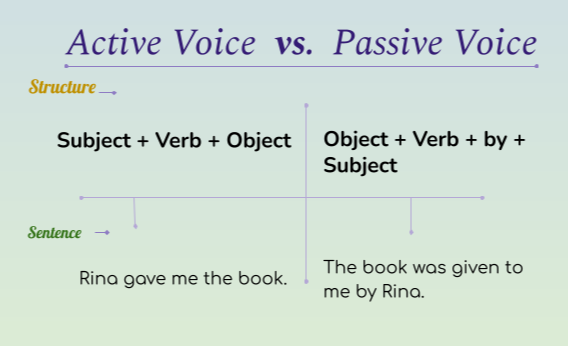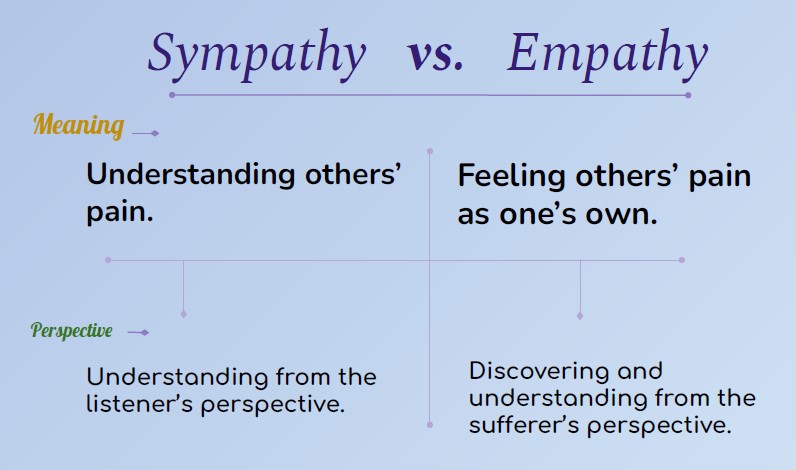Pronouns before the Gerunds & Infinitives
Both the infinitives and the gerunds can be both the subject and the complement of a sentence. When an infinitive or a gerund come as the subject of a sentence, it doesn’t usually take any other word with it. However, when they come as a complement, they often take other parts of speech with them. Some specific transitive verbs require an indirect object (usually person) followed by the infinitives to complete a sentence.
Those specific verbs are:
| allow | ask | beg | convince | expect |
| instruct | invite | order | persuade | prepare |
| remind | urge | want | permit | promise |
If the complements of these verbs are the infinitives, they must take an indirect object (person) before them in the form of noun or object pronoun.
Example:
| Incorrect: You allowed him going there after what he has done! Correct: You allowed him to go there after what he has done! |
| Incorrect: He asked me helping him in this project. Correct: He asked me to help him in this project. |
| Incorrect: I did not beg her giving me her number. Correct: I did not beg her to give me her number. |
| Incorrect: He convinced me working with the president. Correct: He convinced me to work with the president. |
| Incorrect: John expects you staying in that hotel. Correct: John expects you to stay in that hotel. |
| Incorrect: I instructed him talking with her. Correct: I instructed him to talk with her. |
| Incorrect: I urge you going there. Correct: I urge you to go there. |
| Incorrect: He invited me coming to his town. Correct: He invited me to come to his town. |
| Incorrect: He ordered me bringing the keys for him. Correct: He ordered me to bring the keys for me. |
| Incorrect: My father permitted me going to the pilgrimage. Correct: My father permitted me to go to the pilgrimage. |
| Incorrect: He persuaded me using the smartphone. Correct: He persuaded me to use the smartphone. |
| Incorrect: I have prepared her living in the real world. Correct: I have prepared her living in the real world. |
| Incorrect: I promised him reaching there on time. Correct: I promised him to reach there on time. |
| Incorrect: He wants me being the best batsman in the team. Correct: He wants me to be the best batsman in the team. |
| Incorrect: He reminded me completing the task. Correct: He reminded me to complete the task. |
However, other transitive verbs can be followed by a gerund as a complement but it must precede by a possessive adjective. So, pronoun can come before a gerund in the form of possessive.
Grammar
Read More
- How to Use "Therefore" in Sentences Avoiding Common Mistakes
- How to Use "Whereas" with Examples and Avoid Common Mistakes
- When and How to Use "Thus" Correctly Without Common Mistakes
- How to Use "On the Contrary" Properly with Meaning and Examples
- When and How to Use "Either/Or" with Examples and Common Mistakes to Avoid
- How to Use "On the Other Hand" Effectively without Mistakes
- How to Use "Respectively" with Example and Common Errors to Avoid
- How and When to Use "Moreover" Without Mistakes
- How to Use "Likewise" in Sentences Based on Context & When not to Use
- When & How to Use "Although" in Sentences to Avoid Mistake


